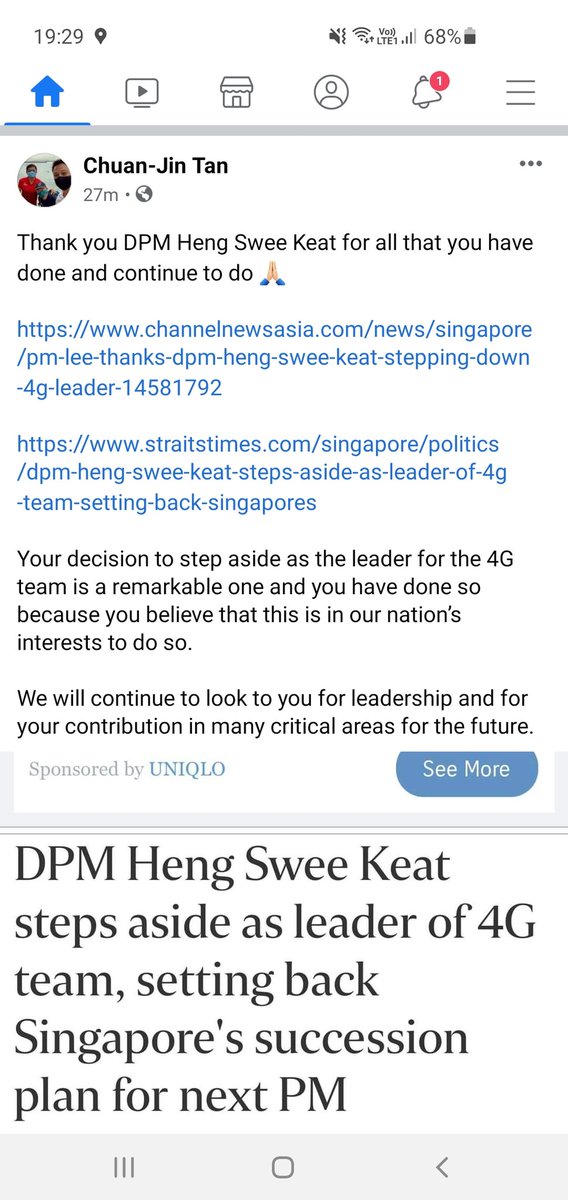Authoritarian party stay resilient because they& #39;re cohesive. These are signs the PAP juggernaut is fraying, slowly but surely. https://www.channelnewsasia.com/news/singapore/heng-swee-keat-dpm-4g-leader-step-aside-pap-pm-lee-accepts-14581784#.YG7d3yc6etM.twitter">https://www.channelnewsasia.com/news/sing...
Less than a year ago, the party stood behind it& #39;s leader. https://www.todayonline.com/singapore/paps-4g-leaders-back-heng-swee-keat-leader-absolute-unity-vivian-balakrishnan">https://www.todayonline.com/singapore...
And two years ago https://www.straitstimes.com/politics/heng-picked-as-4g-leader-with-chan-as-deputy">https://www.straitstimes.com/politics/...
Read https://journals.sagepub.com/doi/abs/10.1177/0010414007313124">https://journals.sagepub.com/doi/abs/1...
And Milan Svolik& #39;s book, chapter 6. https://www.cambridge.org/core/books/politics-of-authoritarian-rule/7F78A8828A5714F0BE74E44A90A44868">https://www.cambridge.org/core/book...
And now party elite appear to be caught off guard and unable torally behind a leader (yet). https://www.todayonline.com/singapore/4g-leaders-say-dpm-hengs-decision-setback-succession-planning-need-more-time-choose-new">https://www.todayonline.com/singapore...
Exciting times for Singapore political science.  https://abs.twimg.com/emoji/v2/... draggable="false" alt="🙂" title="Leicht lächelndes Gesicht" aria-label="Emoji: Leicht lächelndes Gesicht">
https://abs.twimg.com/emoji/v2/... draggable="false" alt="🙂" title="Leicht lächelndes Gesicht" aria-label="Emoji: Leicht lächelndes Gesicht">
A post from party colleague and speaker of parliament. Reads like a political obituary even though HSK remains in the cabinet as Finance Minister.
I stand corrected, HSK steps down as Finance Minister in 2 weeks.
Authoritarian political parties are resilient becoz it has institutionalized channels for cadres to advance careers within a stable system of patronage; creates a quasi-constitutional form of power transfer, institutionalizing & regulating succession (Jennifer Gandhi 2008)
https://www.cambridge.org/core/books/political-institutions-under-dictatorship/6E5AE062B796609E2AC72EE5AB5F9DA0">https://www.cambridge.org/core/book...
Even if intra-party rules are informal, they offer guidelines for party elite, curbing conflict & minimizing potentially destabilizing power struggles.
Failure to these intra-party rules and SOPs, to steer a transition from one leader to another, could cause regimes to fragment and eventually fall apart (Natasha Ezrow and Erica Frantz 2011).
https://www.jstor.org/stable/24388178 ">https://www.jstor.org/stable/24...

 Read on Twitter
Read on Twitter


